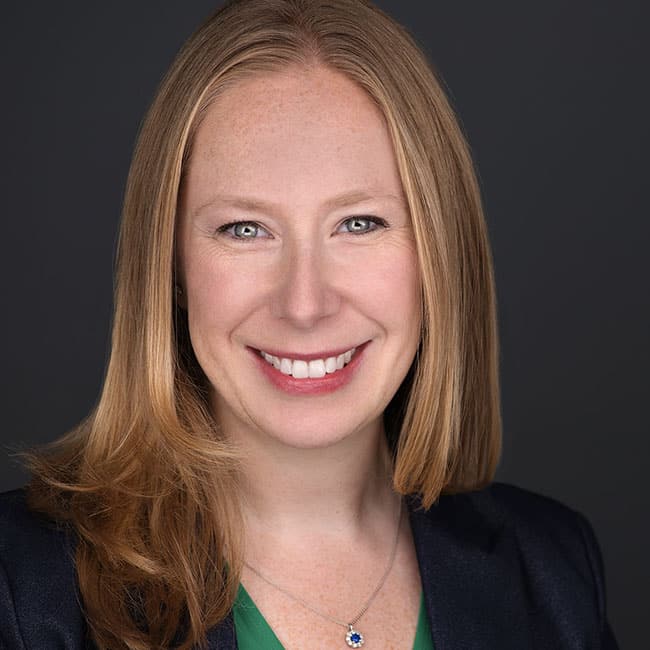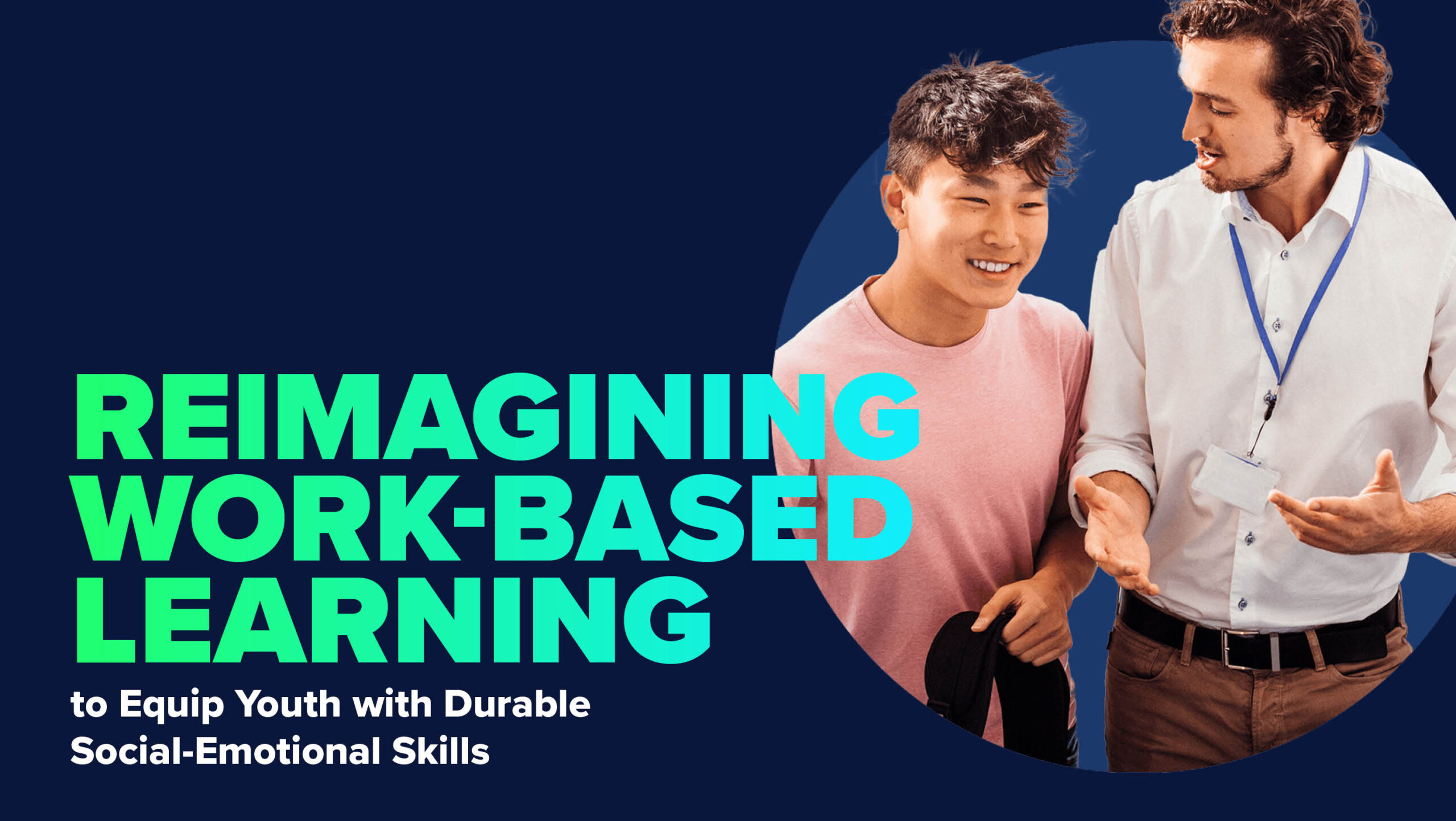It’s been a busy podcast season for ASA! A few months back I spoke with Michael Palmer of the Trending In Education podcast about career pathways and the need for earlier career and self-exploration among kids.
I come to my work with a policy background, having spent over ten years working with US Senator Ted Kennedy (MA). During my years in that role, I got to do a lot of work on the education policy front and worked with different constituent groups to understand their needs and challenges. When I reflect on my career, it was that work which set me up perfectly for the work I’m doing now at ASA. In addition to leading our philanthropy initiatives, I now spend my time advocating to change policy at the state and national level so that more young people from all backgrounds have access to the information and opportunities they need to successfully build a lasting pathway from education to the workforce. I started my work with the US Senate as an intern, so I know first-hand how transformative career-connected learning experiences can be.
As I told Mike – and in case anyone reading isn’t super familiar with ASA – we are a national nonprofit focused on expanding the way young people learn about careers and navigate to education and career success. That means we are doing advocacy work to make sure all kids have better access to the information and opportunities they need to build a meaningful pathway from education to the workforce. Importantly, we’re also working to ensure that they get that access starting no later than middle school. Why middle school? This is not because we want 12-year-olds to decide exactly what they want to be…it’s about helping them see that the question, “What do you want to be?” is a hard one for any young person if you don’t know what the options are. Career exploration is not about locking in something finite or committing to one job; it’s about navigating the nearly infinite array of options ahead of you and understanding what you are capable of. That’s something that doesn’t happen nearly enough in most school experiences, and as a result, we have a huge opportunity gap in this country.
On the podcast, I explained that a key ingredient in the “recipe for career success”, so to speak, is getting to know the areas and experiences you really don’t find engaging and rewarding. (I’m sure we can all remember at least one job we’ve held that really wasn’t a great fit, but that we learned a lot from!) Then – by process of elimination – a kid can rule out the jobs and experience that aren’t for them and build a pathway that’s designed on more than just guesswork, but on lived wisdom. They can start to build and sharpen skillset clusters based on their newfound knowledge about themselves, and build on those over the course of their school lives.
Another thing I told Mike we’re up to at ASA is reaching millions of kids through our growing suite of digital experiences, which is free to young people. These are immersive and experiential platforms that get kids motivated to learn about their interests and then help them figure out how to connect those interests to the wider, working world around them…in some cases earning real-world rewards as they do so.
On that note, Mike and I talked about Gen Z – a generation that has grown up connected to the digital world in a way that those of us from other generations will never really be able to imagine. Many of these young people are innate content creators and consumers. Against that backdrop, we have built a keen understanding that, if kids are going to connect with content in digital spaces, it really needs to be 1) eminently findable and “always-on”, and 2) created and delivered in terms and spaces that resonate with them. Young people are spending incredible lengths of time in these socially connected digital spaces. Why wouldn’t we want to populate those spaces with informative, rewarding, and helpful content that can help them get inspired to know themselves better and go for their own dreams? In doing so, we can make progress in closing the pointless opportunity gap that plagues the country.
For all of the working adults who are reading this or listening to the podcast and thinking, “I agree, but how can I help to make this a reality for my kid, in our school district, in our company?” I would urge you to understand that getting this generation of kids ready to confidently step into their future isn’t some distant initiative that “other people” are working on. It doesn’t work unless we’re all involved. Whether it’s becoming a mentor, launching a job shadowing program or internship initiative at work, or just having a career-oriented conversation with your child at a younger age than you might have thought was necessary…it all makes a difference.
Check out our full podcast here.




